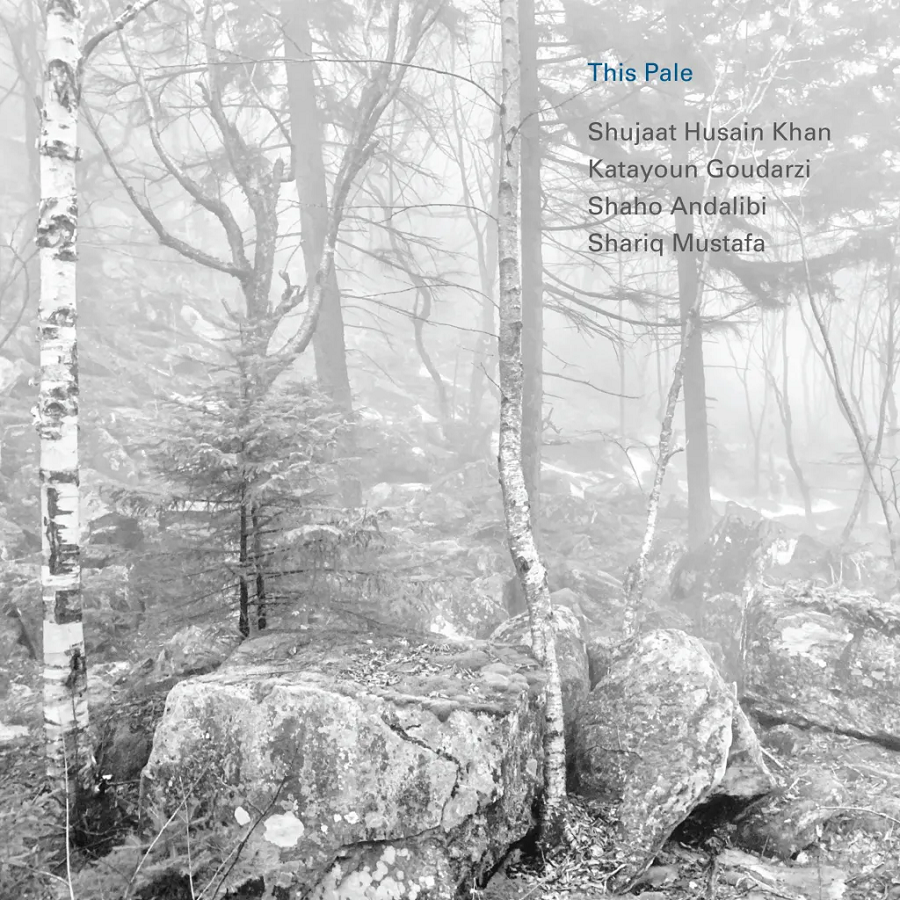In these dark days of stark societal uncertainty and pronounced cultural intolerance, could the illuminating words of the world’s greatest poet and champion of tolerance and love inspire dialogue and spark a constructive collective conversation where pundits and politicians cannot?

This questions is earnestly and eloquently explored by a culturally diverse group of musicians and close friends on This Pale (to be released October 1, 2021), the new album from Iranian-American vocalist Katayoun Goudarzi, Grammy-nominated master sitar player Shujaat Khan, Iranian ney player Shaho Andalibi, and 5th-generation tabla player of the Thirakwa lineage Shariq Mustafa. Together, they have forged an unlikely ensemble that has defied the limits of both lock-down and cultural difference to bring a new urgency to Rumi’s centuries-old words of wisdom.
In our interview, Goudarzi discusses her influences and the historical currents that influence This Pale.
Name a perfect song and tell us why you feel that way.
“Blowin’ In The Wind” by Bob Dylan. The song is still relevant, asking the same difficult questions about human ignorance and lack of compassion toward one another. The melody is relatively simple, while its brilliant phrasing and pattern of questioning “how many” and then returning to “before” keeps the listener laser-focused on the powerful and thought-provoking lyrics.
What’s a recent release you cannot stop listening to?
“All Things Are” by pianist Kevin Hays, bassist Ben Street and drummer Billy Hart.
Who are some of your musical influences?
It might come as a surprise but currently I’m inspired by pianist Brad Mehldau and also singer Lisa Fischer. I listen to both very carefully almost every day. There is so much to process and learn from, both artistically and technically regardless of genre.
Explain the title of your album.
Our album is based on the poetry of Rumi. It is believed that some of Rumi’s love poems were composed during his time with, and after the disappearance of, his beloved Shams. In his work, Rumi often addresses Shams (Arabic word for sun), so I imagined the paleness of the sky in the absence of his sun, Shams.
What’s the best way a fan can support you?
By listening to our music.
Katayoun Goudarzi — Official
